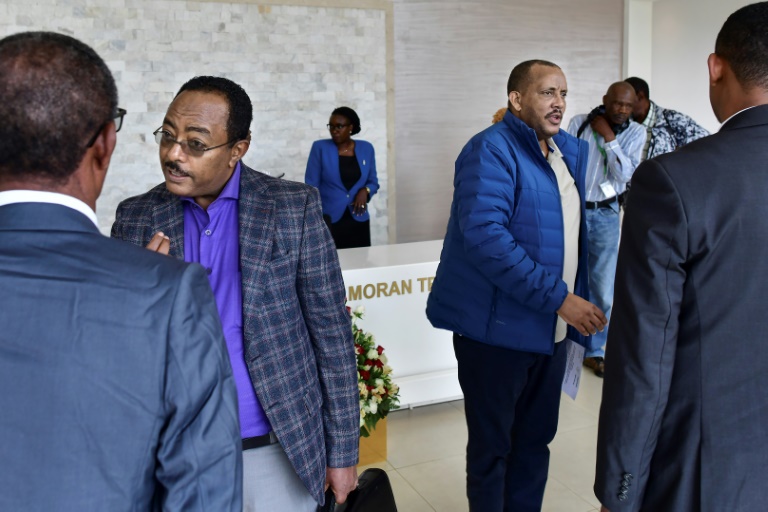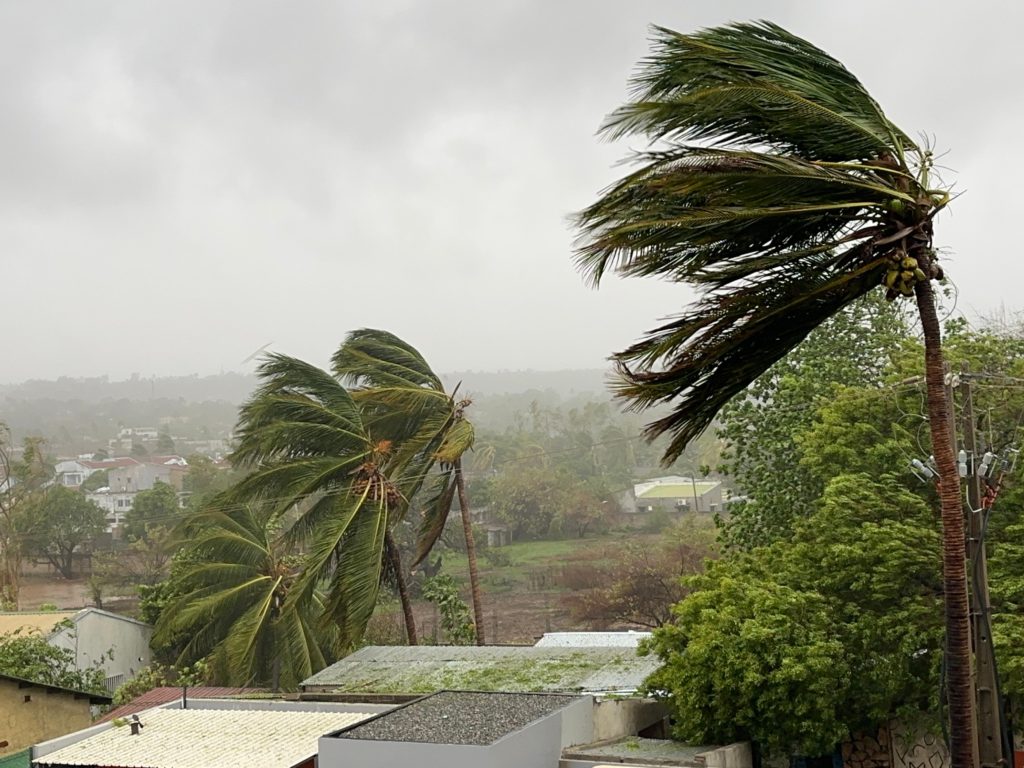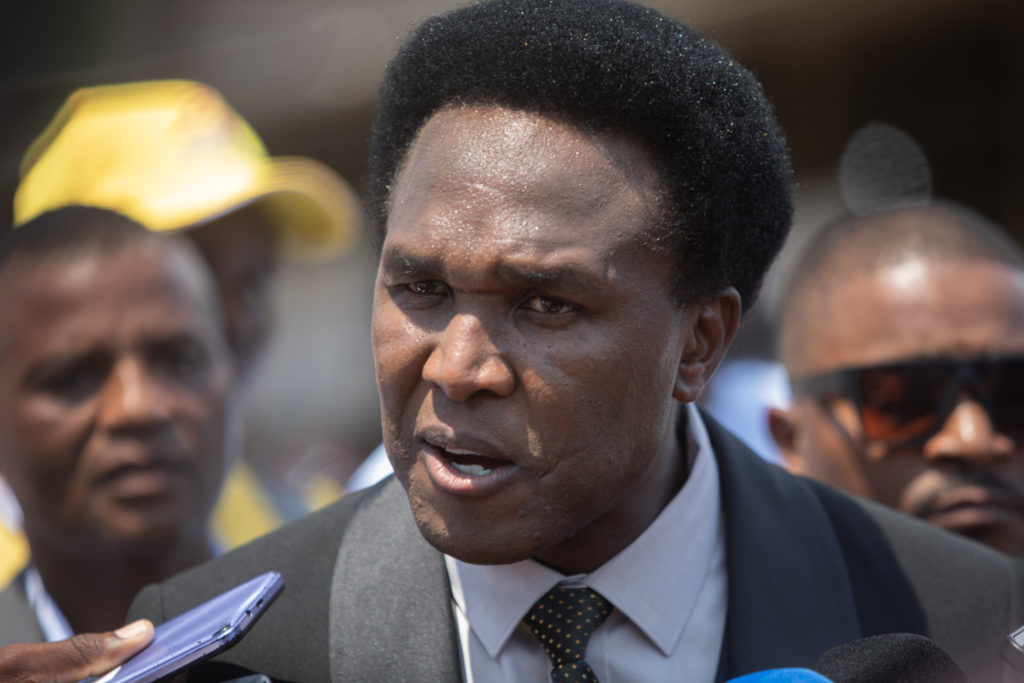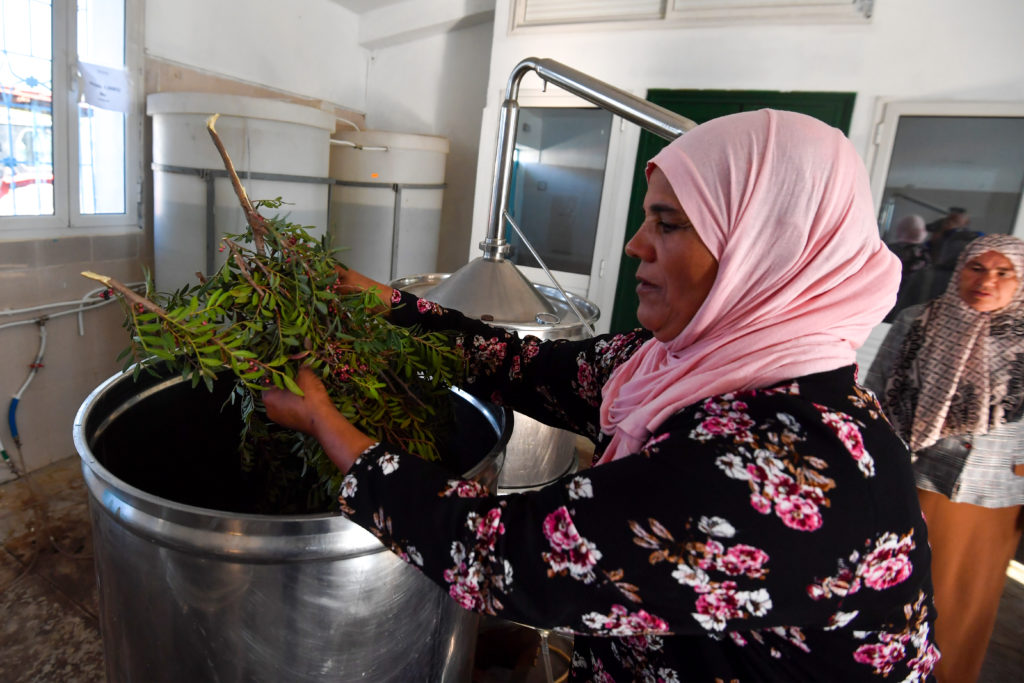The breakthrough deal inked in South Africa has been hailed internationally as a key step towards ending the conflict
Ethiopian government officials met with representatives of the Tigrayan authorities in Kenya on Monday to discuss plans for disarming the rebels following a peace deal signed last week between the warring sides.
The breakthrough accord inked in South Africa, which has been hailed internationally as a key step towards ending the two-year conflict, includes a timetable for disarming the rebels, according to a copy of the document seen by AFP.
In a statement issued Monday, the African Union (AU), which mediated the Pretoria talks, said it had convened a meeting of senior commanders from both sides to “discuss and work out… disarmament issues, taking into account the security situation on the ground”.
Field Marshal Berhanu Jula, chief of staff of the Ethiopian Armed Forces, and General Tadesse Worede, commander-in-chief of the Tigray rebel forces, will lead the talks, negotiators told reporters in Kenya’s capital Nairobi.
The government’s chief negotiator Redwan Hussein, who is also national security adviser to Prime Minister Abiy Ahmed, said: “Political leaders have signed the agreement, but our military leaders will pave the way to expedite the implementation.”
According to the AU statement, “the meeting should also provide a roadmap for immediate humanitarian access and restoration of services in the Tigray region”.
Ethiopia’s northernmost region has been in the grip of a severe humanitarian crisis for over a year due to lack of food and medicine, as well as limited access to basic services including electricity and banking.
Getachew Reda, chief negotiator for the Tigray People’s Liberation Front (TPLF), told reporters it was up to the military commanders “to figure out how effectively to carry out the deal and to make sure that we continue to hold our fire and, of course, silence the guns forever”.
Tigray remains inaccessible to journalists and it is impossible to verify if violence has eased since the agreement was signed.
The war between the TPLF and pro-Abiy forces, which include regional militias and the Eritrean army, has caused an untold number of deaths and sparked reports of horrific abuses by all parties.
Estimates of casualties vary widely, with the United States saying that as many as half a million people have died, while the EU’s foreign envoy Josep Borrell said last week that possibly more than 100,000 people have been killed.
UN investigators have accused Addis Ababa of possible crimes against humanity in Tigray and of using starvation as a weapon of war — claims denied by the Ethiopian authorities.
Abiy — a Nobel Peace Prize laureate — sent troops into Tigray on November 4, 2020 to topple the TPLF, the region’s ruling party, in response to what he said were attacks on federal army camps.










